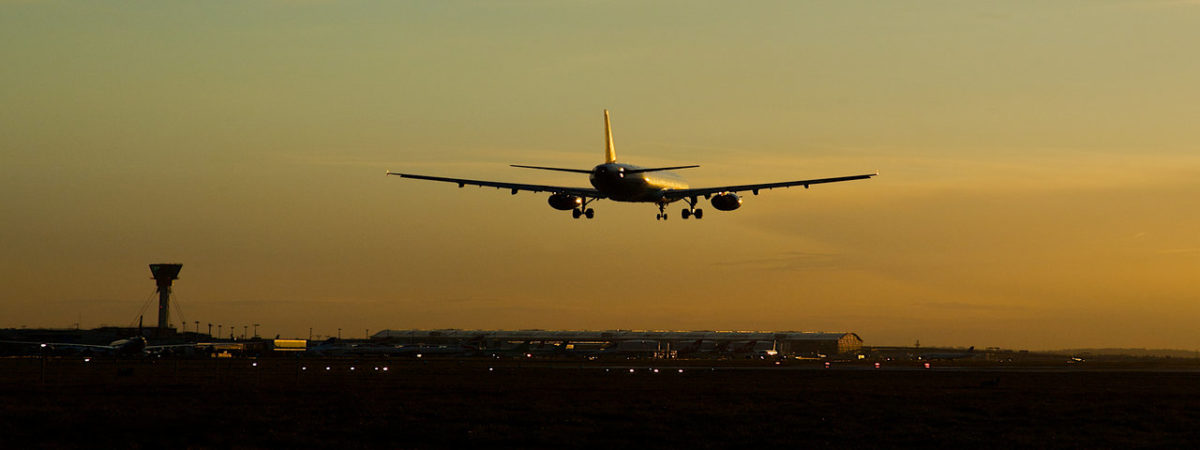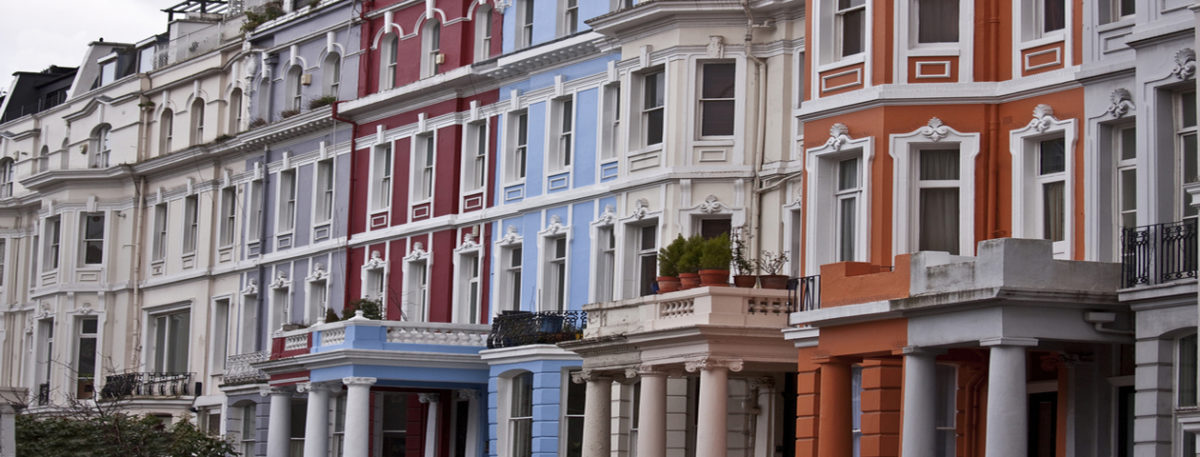Poverty-stricken, in relative terms
SUGGESTED



The upper fifth, in contrast, receive about 45% of total earned income. Moreover, the gender pay gap is 20%, and the unemployment rate for women is 50% higher than for men.
Describing the situation using absolute values, it reads rather differently: median monthly gross wages amount to £3,500, with figures of £3,100 for women and £3,800 for men. A person at the 25th income percentile (at the top end of the bottom quarter of the income distribution) earns £2,700 per month. The unemployment rate is 3% for women and 2% for men.
The country in question is Liechtenstein, which is a success story on just about every measure other than equality. But does that matter?
In 1958, John Kenneth Galbraith wrote that ‘people are poverty-stricken when their income, even if adequate for survival, falls markedly behind that of the community.’ That definition clearly applies to many citizens of Liechtenstein. But in most of the world, and even in the rest of Europe, quite a few people would gladly change places with a poverty-stricken Liechtensteiner.
6 thoughts on “Poverty-stricken, in relative terms”
Comments are closed.





Hi Kris,
This is nice. I’m packing my bags, as we speak–wait, I don’t make 3,800 pounds a month?
Ah well…
Yourihttp://globalviewtoday.blogspot.com
Hi Kris,
This is nice. I’m packing my bags, as we speak–wait, I don’t make 3,800 pounds a month?
Ah well…
Yourihttp://globalviewtoday.blogspot.com
I assume, it’s proper to use the levels in poverty. Poor in the US and UK get unemployment pack and still live in descent conditions compared to the poverty in poorest places of the planet. People at the same time (you are right) always compare what the others in society possess and own, and then feel poor. It’s a nature of needy humans to act in this manner: strive to better.
Lichtenstein is classic place for setting offshore companies: the so-called offshore paradise. In many places (BVI, Bahamas, Cyprus) including Lichtenstein, the level of living is quite good: life is more like a real paradise. So people, poor in Lichtenstein may not be really a poor.
I assume, it’s proper to use the levels in poverty. Poor in the US and UK get unemployment pack and still live in descent conditions compared to the poverty in poorest places of the planet. People at the same time (you are right) always compare what the others in society possess and own, and then feel poor. It’s a nature of needy humans to act in this manner: strive to better.
Lichtenstein is classic place for setting offshore companies: the so-called offshore paradise. In many places (BVI, Bahamas, Cyprus) including Lichtenstein, the level of living is quite good: life is more like a real paradise. So people, poor in Lichtenstein may not be really a poor.
Dear Youri,
don’t pack your bags too quickly. After all, Liechtenstein has no bigger cities far and wide (which, in turn, makes the economic figures even more astonishing).
Dear R.T.,
I agree that people often assess their wellbeing by comparing themselves to others. But in order to reject the notion of “relative poverty” (RP), one need not make the strong assumption that people think only in absolute terms. They don’t. However, the advocates of RP argue that society constantly “forces” new needs on the poor. One problem with this approach is: Who precisely is “society”? If I live in Vaduz, does “society” mean “the inhabitants of Vaduz”? Of Liechtenstein? Of Liechtenstein plus Austria?
Dear Youri,
don’t pack your bags too quickly. After all, Liechtenstein has no bigger cities far and wide (which, in turn, makes the economic figures even more astonishing).
Dear R.T.,
I agree that people often assess their wellbeing by comparing themselves to others. But in order to reject the notion of “relative poverty” (RP), one need not make the strong assumption that people think only in absolute terms. They don’t. However, the advocates of RP argue that society constantly “forces” new needs on the poor. One problem with this approach is: Who precisely is “society”? If I live in Vaduz, does “society” mean “the inhabitants of Vaduz”? Of Liechtenstein? Of Liechtenstein plus Austria?